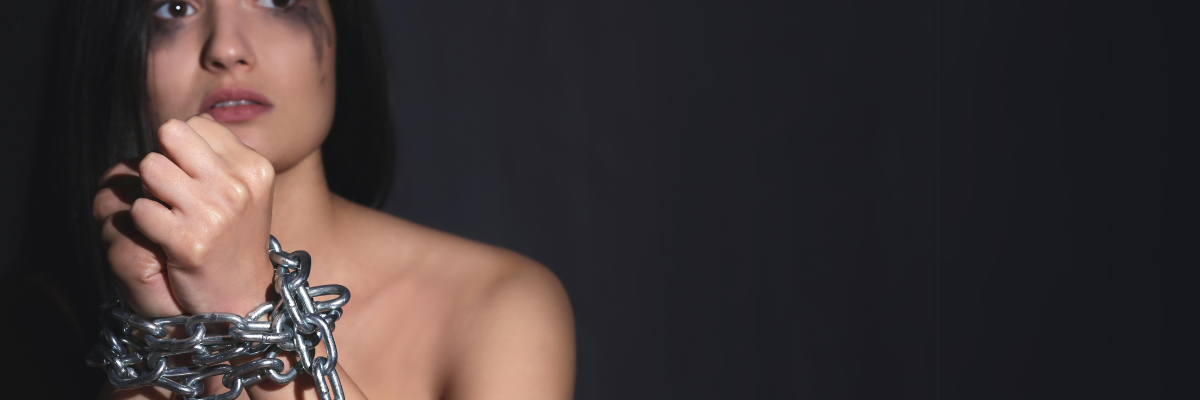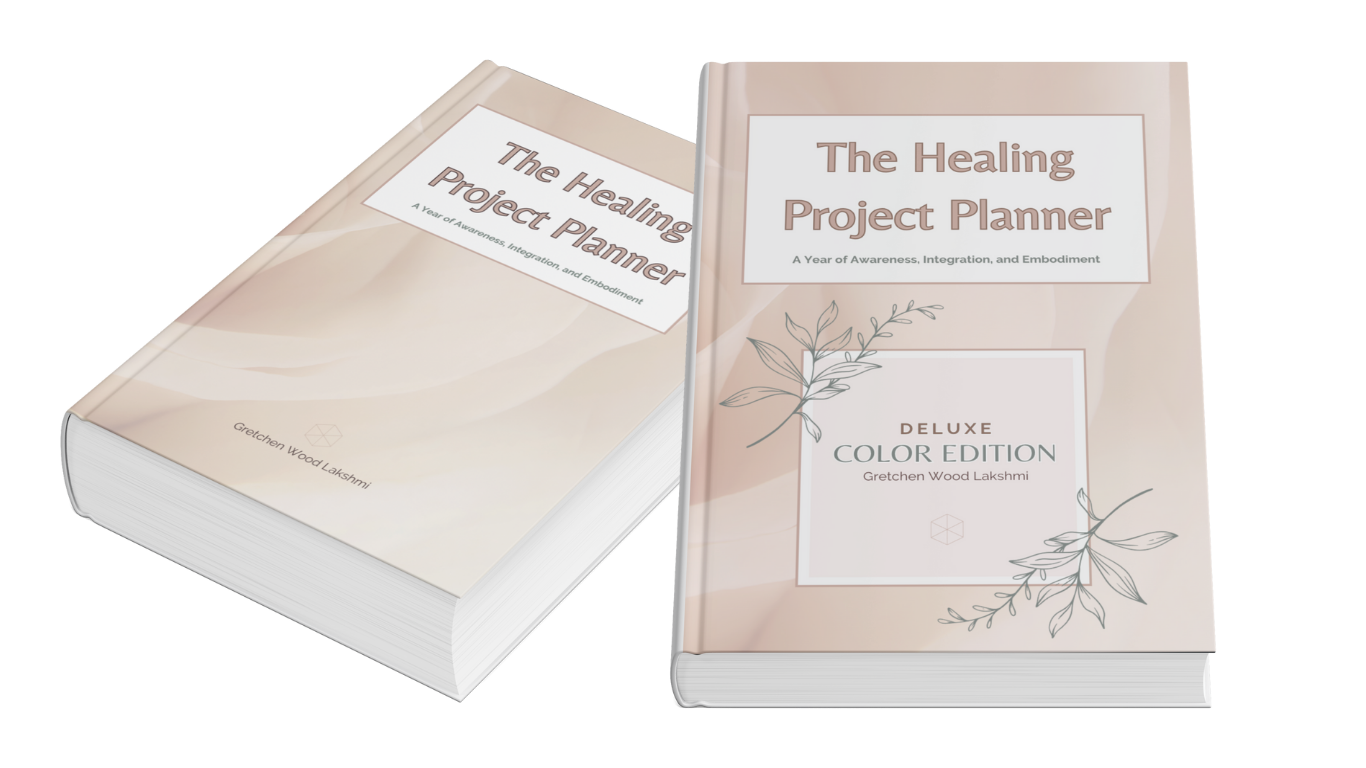Invisible Chains: Recognizing and Escaping Coercive Control
Leaving an abusive relationship is incredibly challenging, especially when coercive control is involved. This form of abuse, often subtle and insidious, can leave you feeling trapped, fearful, and isolated. Coercive control involves a pattern of behavior aimed at dominating and controlling you through fear, intimidation, and manipulation.
Signs of Coercive Control
Recognizing coercive control can be difficult because it often involves seemingly minor actions that add up to a significant impact on your life. Here are some signs to look out for:
- Isolation: Your partner may restrict your contact with friends, family, or social activities, making you feel alone and unsupported.
- Surveillance: Constantly monitoring your movements, communications, and activities, leaving you feeling watched and controlled.
- Manipulation: Using guilt, jealousy, or emotional blackmail to control your behavior, making you doubt your own feelings and decisions.
- Financial Control: Limiting your access to money or financial resources, keeping you dependent and powerless.
- Threats: Making threats to harm you, your loved ones, or themselves if you don’t comply, creating a constant sense of fear.

Impact on Mind + Body
Coercive control affects not just your mind but your body as well. The constant stress and anxiety can lead to various physical symptoms, such as:
- Chronic Stress: This can manifest as headaches, stomach issues, and a weakened immune system, making you feel physically unwell.
- Sleep Disturbances: Insomnia or nightmares due to the constant state of vigilance, flashbacks, or fears leaving you exhausted.
- Fatigue: Feeling drained from the ongoing emotional turmoil, making it hard to find the energy to take action. Even seemingly small or 'easy' tasks are tiring.
- Physical Tension: Muscle pain and tension, especially in the neck, shoulders, and back, due to the constant stress.
Difficult To Explain
Describing the feeling of coercive control to others can be incredibly challenging. The subtle and pervasive nature of this abuse means that individual incidents might seem minor to outsiders. However, the cumulative effect is overwhelming for you.
You might find that when you try to share your experiences, people may minimize or dismiss your feelings. Statements like "It's not that big of a deal" or "You're overreacting" are common. This invalidation can deepen your sense of isolation and helplessness.

Trust Your Inner Experience
It's important to trust your own inner experience, especially if you feel like you are being gaslit. If you feel a constant sense of dread, anxiety, or unease in your relationship, these are significant red flags. Your body often knows when something is wrong, even if you can't fully articulate it.
Breaking Free
Recognizing coercive control is the first step toward breaking free. Here are some steps you can take:
- Educate Yourself: Learn about coercive control and its signs.
- Reach Out for Support: Connect with friends, family, or support groups who can offer understanding and assistance.
- Document Everything: Keep a record of incidents, including dates, times, and descriptions of the behavior. Keep it safely hidden.
- Seek Professional Help: Therapists, counselors, and domestic abuse advocates can provide guidance and support.
- Create a Safety Plan: Plan how to safely leave the relationship, including where you will go and who you can call for help.
Real-Life Example
Take *Sarah's story, for instance. Sarah was in a relationship where her partner constantly monitored her phone, controlled her finances, and isolated her from friends and family. Even after she left, the threats and stalking continued. But with the support of Underground Moves, she was able to create a safety plan, connect with legal resources, and find a community that understood and supported her journey to healing.
*Name has been changed for client's protection.

Resources
If you or someone you know is experiencing coercive control, help is available. Here are some resources:
- National Domestic Violence Hotline: 1-800-799-SAFE (7233) or thehotline.org
- DomesticShelters.org: Find local shelters and resources at domesticshelters.org
- RAINN (Rape, Abuse & Incest National Network): 1-800-656-HOPE (4673) or rainn.org
- Underground Moves: Our organization is dedicated to assisting survivors in safely leaving abusive situations and supporting them after they leave. Gain access to our safe and untraceable communication system at undergroundmoves.co
Coercive control is a profound and damaging form of abuse that can leave lasting scars on the mind and body. By understanding its signs and effects, and by trusting your inner experience, you can take steps to break free and reclaim your life. Remember, you are not alone, and there are resources and people ready to support you on your journey to safety and healing.
Wishing you freedom and peace,
Gretchen
SOMATIC TRAUMA SPECIALIST + ENERGETIC INTUITIVE









